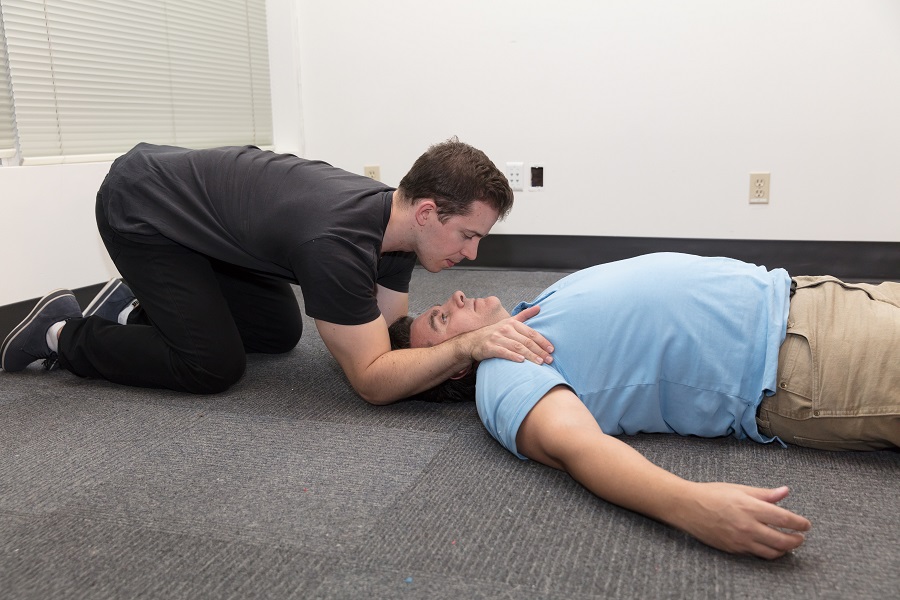A seizure is a symptom relating to a brain or nervous system problem, this is caused by sudden, uncontrolled electrical disturbances in the brain. Seizures can cause behavior, movement, or mood changes and may also affect your state of consciousness. If you suffer from two (2) or more seizures or you tend to experience seizures then it means you have epilepsy, a central nervous system disorder.
Generally, a seizure lasts around from a mere thirty (30) seconds to two (2) minutes and will not cause any harm or permanent damage. However, if a seizure lasts for more than five (5) minutes or a person experience multiple seizures and fails to wake up then it is considered a medical emergency and emergency medical attention is required.
Causes of a seizure
- Cancer
- Sleep deprivation
- Stroke
- Repetitive sounds or quick flashing lights
Generally, a seizure lasts around from a mere thirty (30) seconds to two (2) minutes and will not cause any harm or permanent damage. - Head trauma that can cause injury or bleeding in the brain
- Some medications
- Withdrawal from some medications
- Use of narcotics
- Neurological infections such as meningitis or other illness
- An imbalance of electrolytes in the body
- Very low blood sugar
- Use of illegal or recreational drugs
- Brain tumor
- Lastly, alcohol abuse
Signs and symptoms
- At first, convulsions
- Uncontrollable movements or muscle spasms
- In addition, temporary confusion
- A sense of anxiety or fear
- Lastly, loss of consciousness or awareness
When to seek immediate medical attention
- The seizure lasts for more than five (5) minutes.
- Difficulty in breathing or loss of consciousness occurs after the seizure ceases.
- You have diabetes.
- Another seizure follows up immediately.
- You have a high fever.
- You have sustained an injury during the seizure.
- Suffering from heat exhaustion.
- Lastly, you are pregnant.
Complications
- Falling, which you can break a bone in your body.
- Drowning, as you may not be able to control yourself if you are swimming or bathing.
- Car accidents, as you may lose control of the vehicle and may lead to an accident.
- Complications in pregnancy, seizures can pose danger to the mother and the baby. Generally, certain anti-epileptic medications can increase the risk of birth defects. Consult your doctor to adjust medications and monitor the pregnancy.
FACT CHECK
https://medlineplus.gov/seizures.html
https://www.healthline.com/symptom/seizures
https://www.webmd.com/epilepsy/types-of-seizures-their-symptoms#1


